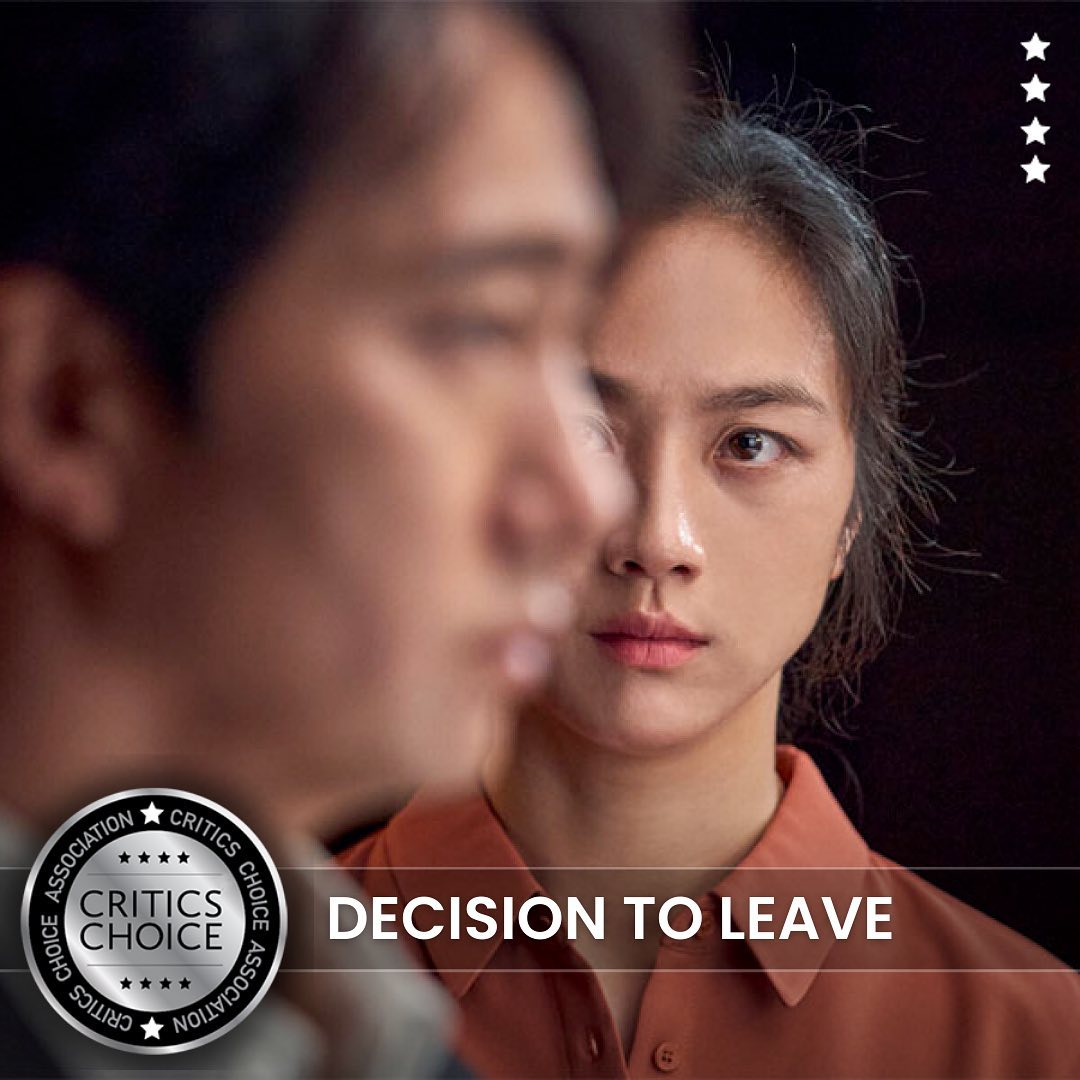
Film Critic Tom Green reviews Decision to Leave, finding it to be an effective neo-noir drama
‘Doesn’t sorrow hit people like waves? Just like how the ink spreads. There will be some who get stained slower than others’ comments Hae-Jun (Park Hae-il) peering through binoculars in an undercover police stakeout. He is becoming infatuated with a suspect in his murder investigation; a man has fallen to his death from atop a mountain, and his widow Seo-rae (Tang Wei) appears remarkably unmoved. Hae-Jun wades through his fragmented psyche, grappling now not only with his myriad closed cases and insomnia, but the possibility of something much more unsettling.
Park’s early directorial efforts have risen to cult status, with the blood spattered ‘Vengeance Trilogy’, all hyper-stylised revenge thrillers
Decision to Leave is a neo-noir romantic drama from South Korean auteur Park Chan-wook. Park’s early directorial efforts have risen to cult status, with the blood spattered ‘Vengeance Trilogy’, all hyper-stylised revenge thrillers that see down-on-their-luck protagonists pushed to their isolated limits. He then shot the heretic vampire flick Thirst and rose to international acclaim with 2016’s The Handmaiden, an erotic thriller period piece based on Sarah Water’s Fingersmith. Decision To Leave sees Park at his most mature; the futile bloodshed in Oldboy, and the sardonic black humour found in Sympathy for Mr Vengeance is dialled back markedly in favour of a more cerebral and permeating narrative.
Park Chan-wook has not lost his cutting edge; Decision to Leave is an alluring, subtle, and head-spinning police procedural which wrong-foots the audience at every turn. The film clearly owes a debt to the psychosexual thrillers of Hitchcock, most notably Vertigo and Rear Window. Park borrows the voyeurism and simmering subtext, crafting a rhythmic, flowing narrative; a deftly spun web of desire and intrigue in his own novel style.
Decision to Leave is masterfully presented, employing precise, smooth, and dizzying editing as tools to unearth hidden meaning
Decision to Leave is masterfully presented, employing precise, smooth, and dizzying editing as tools to unearth hidden meaning. The camera sometimes appears embedded within phone screens, or scaling treacherous mountains, but is always completely purposeful and serves a grander thematic purpose. This is not a case of style over substance. The most compelling moments come in the bizarre, feverish, dream-like investigation sequences where shots are woven into one another seamlessly. These instances put you in the fragmented mind of the lead detected, who is simultaneously disturbed and allured by his suspect.
The narrative trajectory is also satisfying. The opening lays out the central premise with off-kilter angles and vertigo-inducing camera movements, and Park never ceases to find inventive ways to lay out the mystery. In comparison to other recent detective films, like Knives Out (2019), which play it safe with simple A-B alternating camera shot for conversations and static cameras, Decision to Leave boasts thought-provoking cinematography. While the mystery itself is certainly complex, the film never becomes overwrought with procedural detail. Rather, the detective aspect a vessel through which the central relationship is traversed.
It is a film, first and foremost, about the human capacity for deceit and betrayal
Park retains his unflinching ethos in Decision to Leave. It is a film, first and foremost, about the human capacity for deceit and betrayal. At heart however, Park is a romantic. He’s demonstrated prior the twisted love affairs in Sympathy for Mr Vengeance and Thirst, and while the romance in Decision to Leave is still fantastical; it feels painfully real. This is in large part attributable to the brilliant but understated performances of Park Hae-il and Tang Wei, both of whom communicate whole pages of script with side glances and body language.
The use of the black widow trope also avoids becoming hackneyed through the film’s inventive writing that sees a mutual co-dependency and perverse desire colonise the protagonists’ minds. Hae-Jun’s suffering marriage and Seo-rae’s murky past bring out many of their worst attributes. They are both aware that they’re embroiled in an irrational game of pursuit and deceit, as their attraction consumes their lives. As the narrative becomes increasingly absurd, the darkest facets of Hae-jun and Seo-rae’s souls are dredged to the surface. There is a brilliant use of space too, especially in combination with the role of modern technology in investigation. When making phone calls, characters will often be transported and appear as though to be in real conversation, and flashbacks are interwoven with the present staging. It is satisfying to finally see technology used in a way that isn’t clumsy or intrusive in the detective genre.
Verdict:
Park Chan-wook’s latest delivers on a mature but confidently unconventional detective thriller. It pushes the possibilities of police procedural storytelling through enchanting cinematography and intoxicating editing. Decision to Leave cements Park’s reputation as one of the finest working film directors.
9/10
Decision to Leave is in cinemas now
For more reviews on recent cinematic releases, check out these articles from Redbrick Film:

Comments